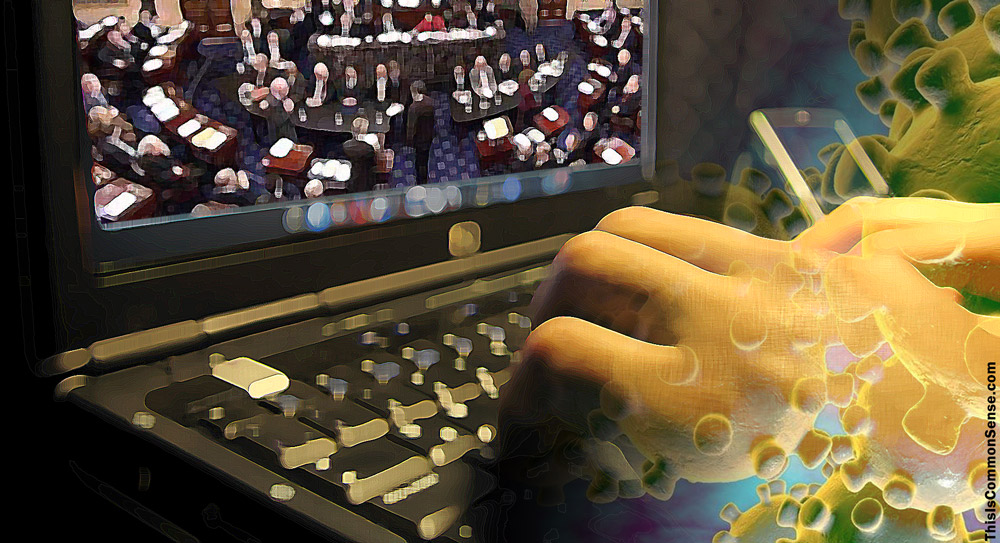There is more than one way to rig an election.
Sometimes all you need is a monkey wrench. A little chaos might help you get your way.
Last February 3, Democrats voted in the Iowa caucuses, placing Bernie Sanders in the lead. But a major “foul-up” occurred. “The state party was unable to report a winner on caucus night,” explains Tyler Pager at Politico, “the mobile app to report results failed to work for many precinct chairs, the back-up telephone systems were jammed and some precincts had initial reporting errors.”
The chaos certainly did not help winner Bernie Sanders, disabled from making publicity hay while the sun shined. There was enough darkness for democracy to die in.
The Iowa Democratic Party commissioned an audit to throw some belated light on the brouhaha, and the results are in: the Democratic National Committee is mostly to blame.
“According to the report, the DNC demanded the technology company, Shadow, build a conversion tool just weeks before the caucuses to allow the DNC to have real-time access to the raw numbers because the national party feared the app would miscalculate results.” But the DNC and Shadow used incompatible database formats, spawning chaos.
In a generous mood? Call it sheer incompetence.
But the mess sure . . . smells . . . suspicious.
“The caucuses are a cherished tradition for Iowans,” reports Reid J. Epstein at The New York Times, “but an increasing number of national Democrats say they are outdated and undemocratic.”
Well, they are when you make them so.
This is Common Sense. I’m Paul Jacob.
—
See all recent commentary
(simplified and organized)



